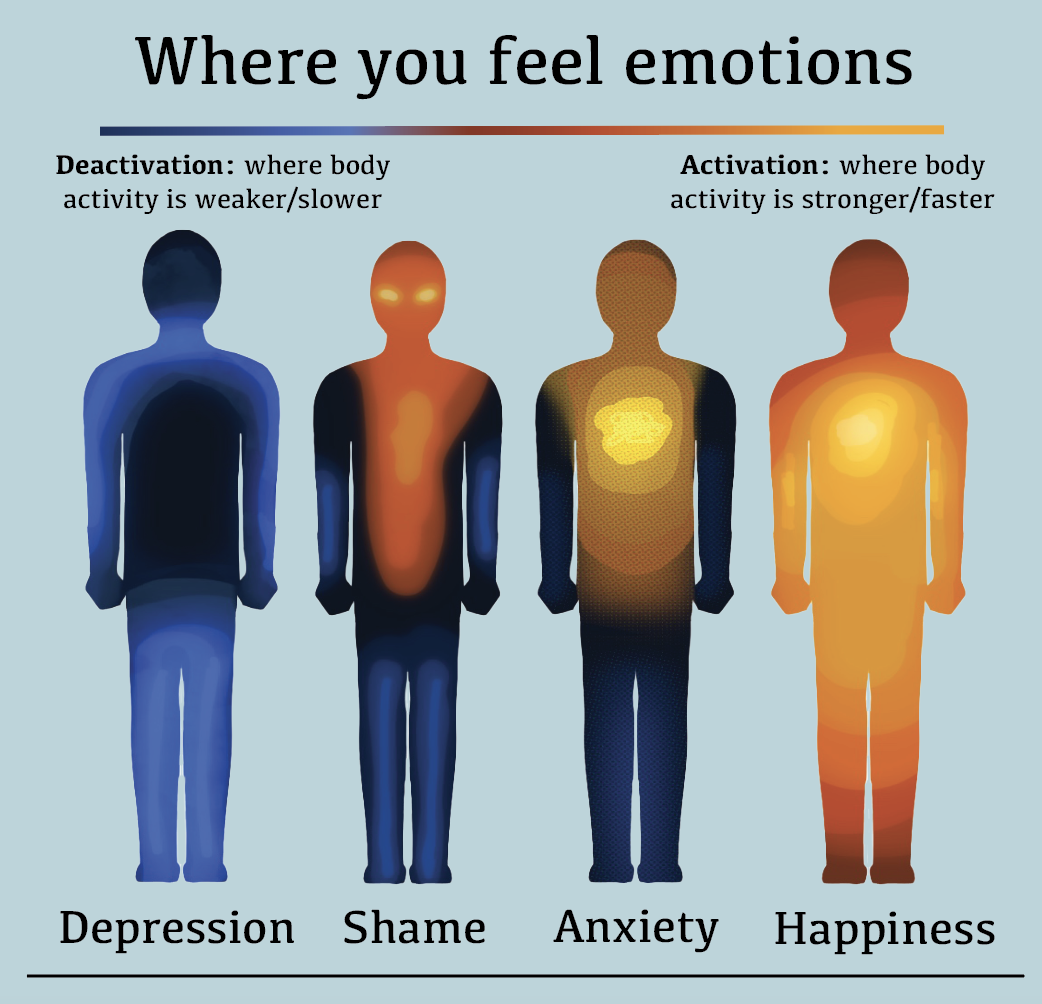Nidal Malik Hasan. On Nov. 5, 2009, he opened fire with an automatic handgun in an Army base at Fort Hood, Texas. He killed 13 people and injured 28.
Jared Lee Loughner. On Jan. 8, 2011, he opened fire with a Glock nine millimeter outside a Safeway in Tuscon, Arizona. He killed six people and injured 14.
James Holmes. On July 20, 2012, he opened fire with a semi-automatic assault rifle in an Aurora, Colorado showing of The Dark Knight Rises. He killed 12 and injured 58.
Not surprisingly, after each of these mass shootings, the nation talked about gun control. Should we have stricter laws? Are we doing enough? What could have stopped the shooter from getting a gun?
Yet nothing has happened. According to Adam Winkler from the Daily Beast, mass shootings, no matter how tragic, don’t lead to gun law reforms.
According to Mother Jones, a liberal political magazine, over the past three years, there have been 14 shootings in America that have killed five or more people. And yet, according to David Frum from CNN, almost nothing in terms of gun control has changed during this time.
Take a second and think about that. We’ve had over 100 people injured or killed by rogue individuals with guns over the past three years and yet zero has been done to make it harder to gain access to guns. I don’t know about anybody else, but that seems like more than a coincidence to me.
Mass shootings, and deaths due to gun violence in general, might actually decrease if people couldn’t get guns so easily in the first place. Just a thought.
But here are the cold, hard facts: the U.S. has the highest civilian gun ownership in the world, with an average of 88 guns per 100 people, according to Fareed Zakaria from CNN.
Additionally, according to Zakaria, “The U.S. has three gun homicides per 100,000 people. That’s four times as many as Switzerland, ten times as many as India and 20 times as many as Australia and England.”
Now, why don’t we take a deeper look at Australia’s gun laws? According to the Washington Post, Australia has banned automatic and semiautomatic weapons, as well as shotguns. Australia has clearly stricter gun laws than the United States, as does England.
According to the BBC, “The UK has some of the toughest gun control laws in the world. You need to spend hours filling out paperwork and proving to police officers that you are not a danger to society.” It’s fairly clear that nations that have stricter gun laws than the United States also have less gun violence.
The problem is, whenever the issue is raised, the National Rifle Association and other gun-lovers go up in arms and protest. Since I have limited space here, I’ll just address the Second Amendment, the core of the anti-gun control argument.
The Second Amendment reads: “A well-regulated militia being necessary to the security of a free state, the right of the people to keep and bear arms shall not be infringed.”
The Second Amendment was written in the late 1780s. Remember, this was when there were less than 20 states and we didn’t even have a president yet.
That first clause, about a well-regulated militia, is critical. At this point, militias were essential to defend against the British and Spanish on all sides of the new nation. At that point in our nation’s history, we had something called the Continental Army that could probably have carried out most of the essential duties of the militias that the Constitution refers to.
In the Constitution, the reason we need to bear arms is so we can form a “well-regulated militia”. If we don’t need militias, we don’t need the right to bear arms.
My point is this: the Second Amendment is outdated. This is the same Constitution that mentions slavery in two places. We don’t have slavery anymore; what is the functional difference, in the context of the Constitution, between things like slavery and the Second Amendment?
Outlawing guns altogether will never happen; we have to be realistic. But there is no relevant Constitutional right preventing tighter control, and it just might limit future premature deaths.
However, it’s not just mass shootings that necessitate gun control. According to The Guardian, a British news agency, 8,775 people were murdered by firearms in 2010 in America. That’s more Americans than have been killed in Iraq and Afghanistan combined since the wars started. And Matthew Miller, of the Harvard Injury Control Research Center, says that “before a child in the U.S. reaches 15, when compared to a child in the rest of the industrialized world, he or she is 12 times more likely to die a gun-related death.”
It’s pretty obvious that statistics are on the side of gun control. There is no functional disadvantage to strengthening gun control and making it more difficult to gain access to any kind of gun. It might hurt freedom a little bit for some people, but white men in the 1750s thought ending slavery would hurt some peoples’ freedom too. Lives are at stake; when there’s an obvious solution at hand, we shouldn’t sacrifice that solution for anything.








